Find Help
More Items From Ergsy search
-
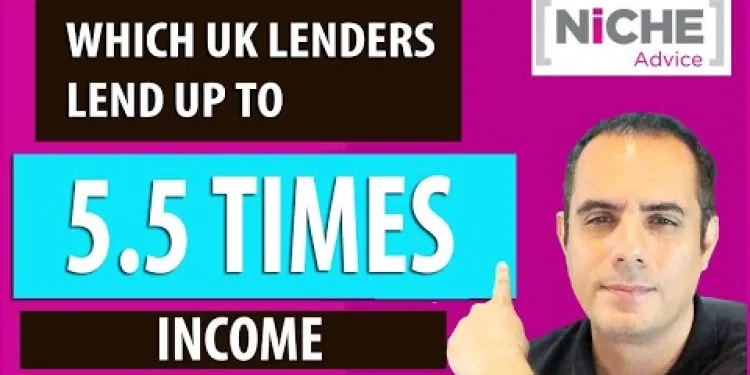
Highest Income Multiple Mortgage Lenders Revealed - Good and Bad Points
Relevance: 100%
-
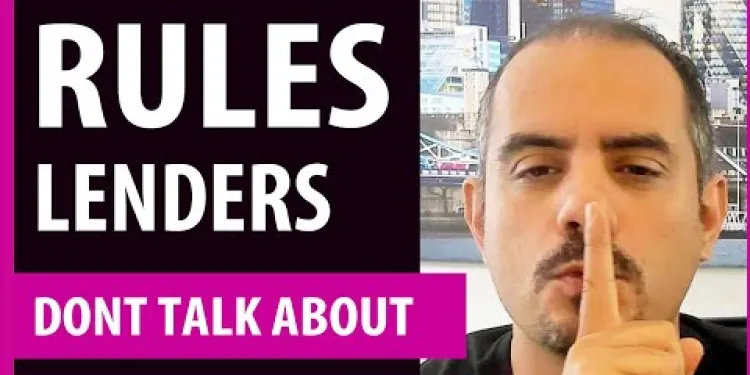
UK Mortgage Rules Lenders Don't Talk About - Debt To Income Ratio
Relevance: 50%
-
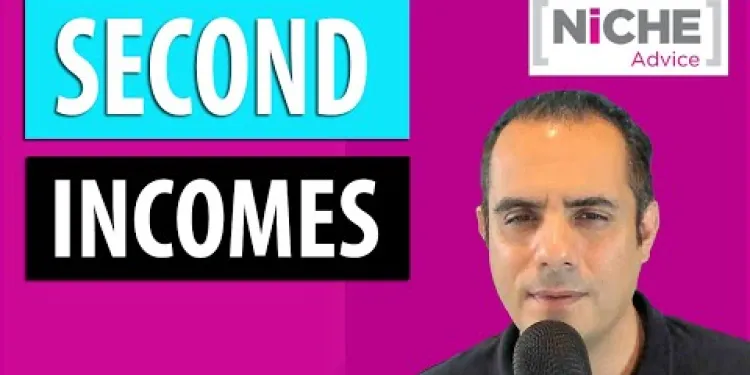
Using 100% of your Second Income for a Mortgage Application
Relevance: 40%
-

5 Broker Exclusive Buy to Let Mortgage Lenders you need to know about as a Landlord
Relevance: 37%
-

Are penalty points cumulative across different types of taxes?
Relevance: 36%
-
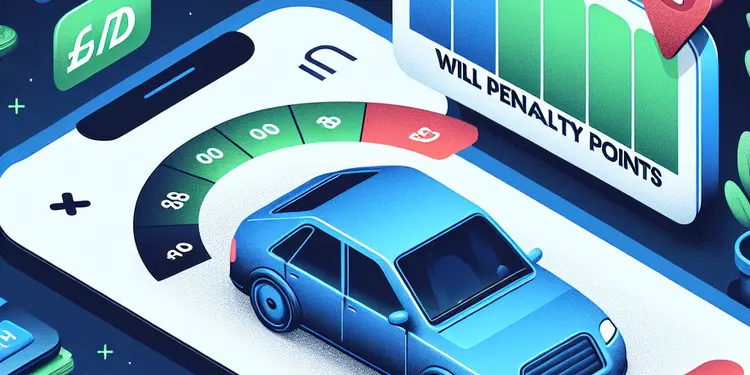
Will penalty points affect my credit score?
Relevance: 36%
-
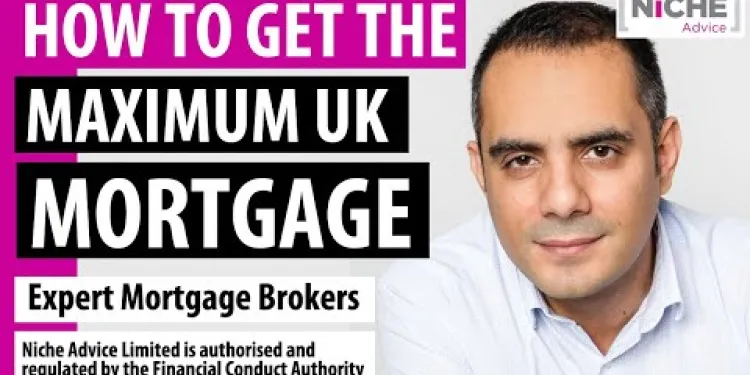
Getting the maximum mortgage in the UK
Relevance: 35%
-

Can penalty points be appealed?
Relevance: 34%
-
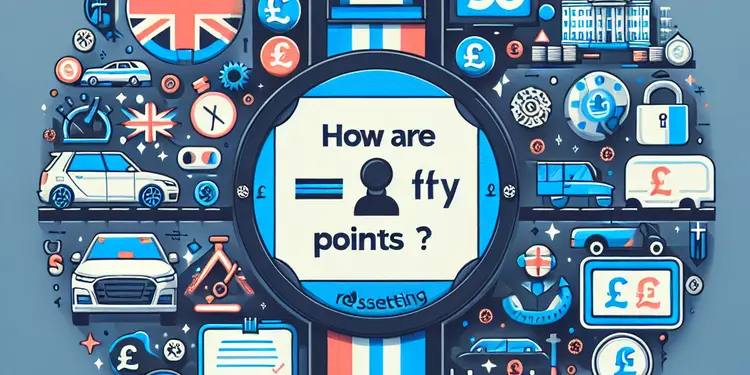
How are penalty points reset?
Relevance: 34%
-

How much can I borrow for a mortgage UK - getting the Maximum Mortgage
Relevance: 34%
-
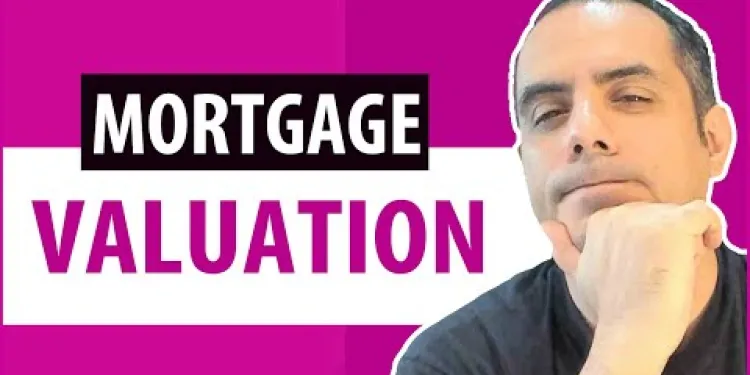
Can Mortgage lenders work from my own Survey Valuation Report?
Relevance: 34%
-

What is HMRC new penalty point system?
Relevance: 34%
-

How can I avoid penalty points?
Relevance: 33%
-
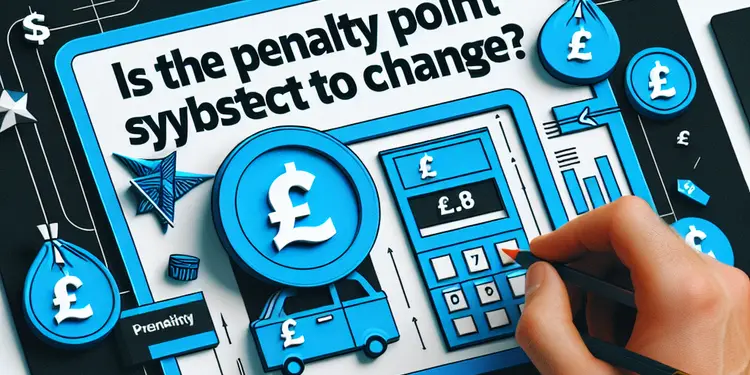
Is the penalty point system subject to change?
Relevance: 33%
-
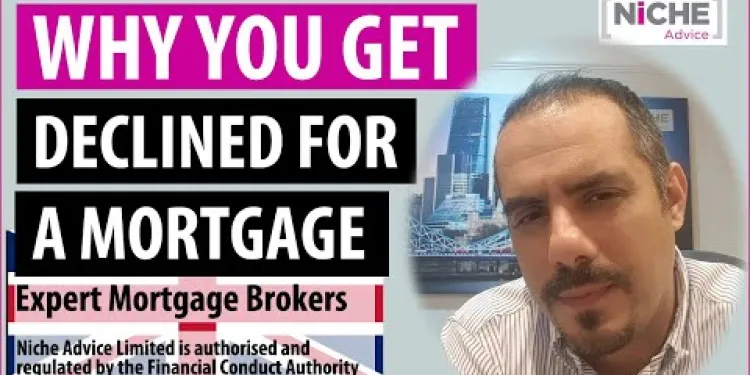
Mortgage Turned Down In The UK - Why mortgage applications are declined
Relevance: 32%
-

What is the HMRC's new penalty point system?
Relevance: 32%
-
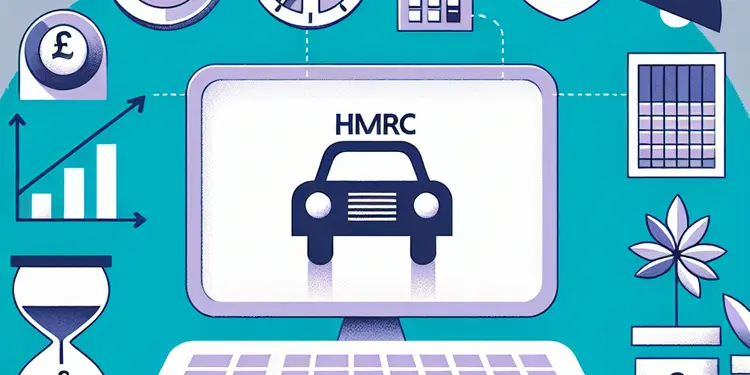
Who does the HMRC penalty point system apply to?
Relevance: 32%
-

Using pressure points to relieve nausea
Relevance: 32%
-

Uk Buy to Let for Older Clients - Mortgage Options Tips and Criteria
Relevance: 32%
-
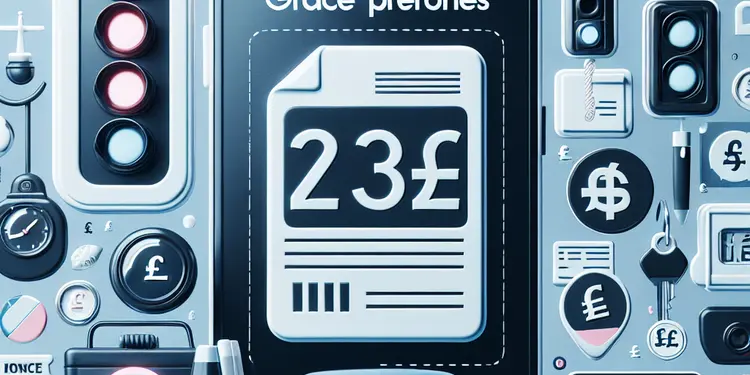
What is the grace period for the penalty point system?
Relevance: 32%
-

How does the penalty points system work?
Relevance: 32%
-

Are there any exceptions to who can accrue penalty points?
Relevance: 31%
-
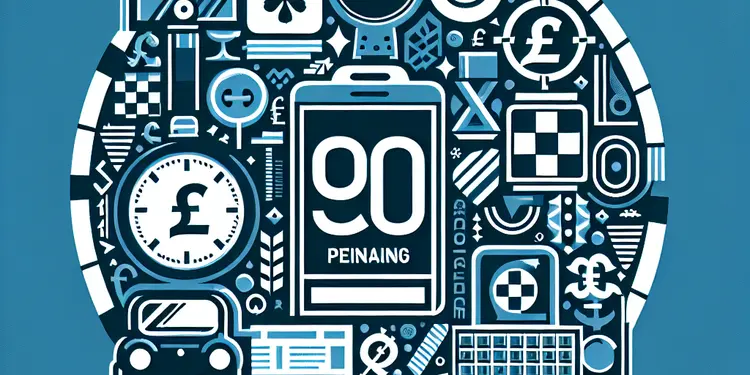
How can I check my penalty points status?
Relevance: 31%
-

How does HMRC inform you about penalty points?
Relevance: 31%
-
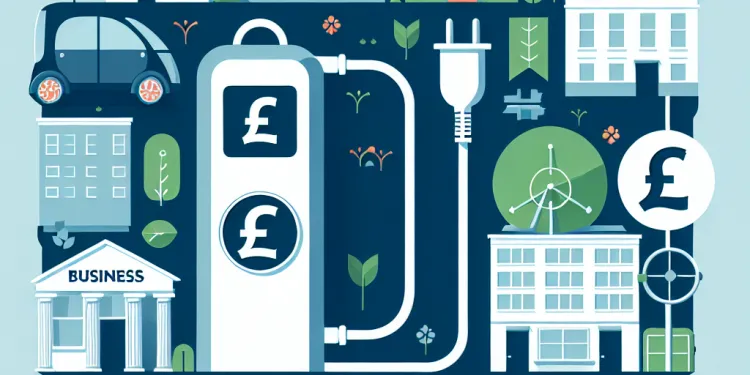
Are there grants for businesses to install charging points?
Relevance: 31%
-

How often does the threshold for penalty points reset?
Relevance: 31%
-

Is there a maximum number of penalty points one can receive?
Relevance: 30%
-

Does the penalty point system apply to all businesses?
Relevance: 30%
-

What should I do if I disagree with a penalty point assessment?
Relevance: 30%
-

What happens when I reach the penalty point threshold?
Relevance: 30%
-

When did HMRC's new penalty point system come into effect?
Relevance: 30%
-

The Ultimate Buy-To-Let Mortgage Breakdown
Relevance: 30%
-
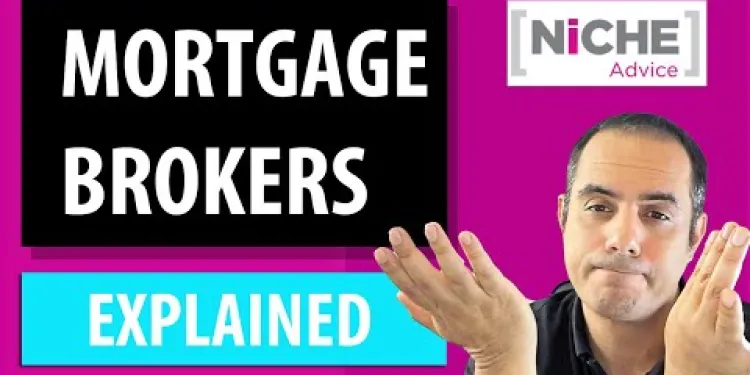
Selecting a Mortgage Broker - how they differ and what to watch out for
Relevance: 29%
-

HMO Mortgage Truths - how to get the best Finance option including Bridging Loan Criteria
Relevance: 29%
-
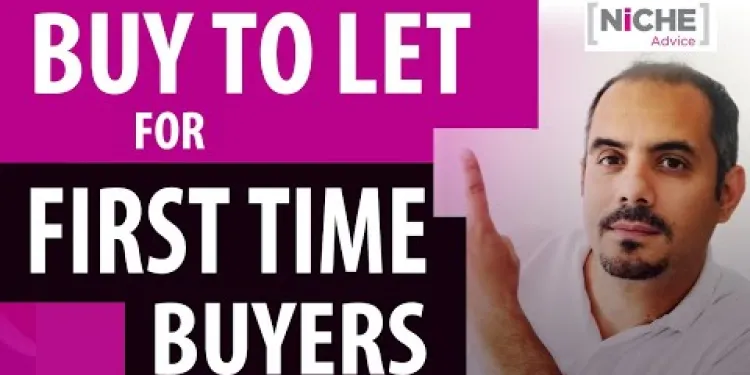
First Time Buyer Buy to Let Finance Options. Lending Criteria on Mortgage and Bridging Finance
Relevance: 29%
-
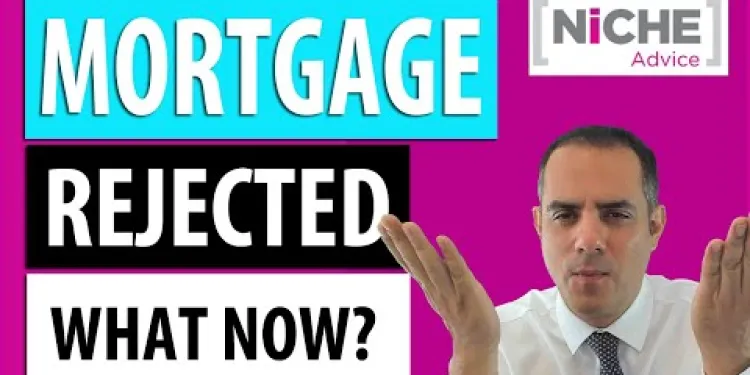
Turned down for a mortgage? Find out why and what to do
Relevance: 28%
-
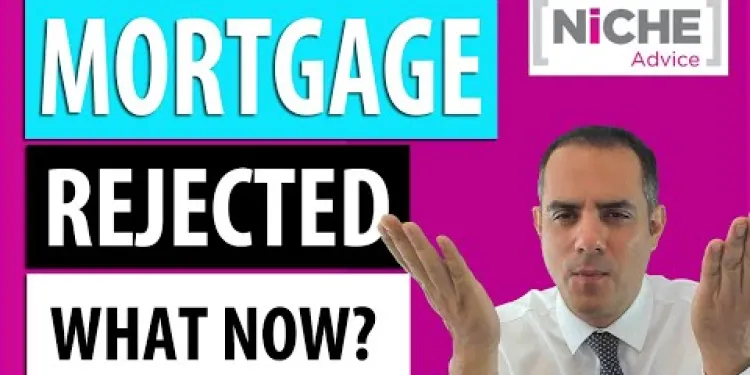
Turned down for a mortgage? Find out why and what to do
Relevance: 28%
-

Can I get a Buy to Let Mortgage With My 18 Year Old Son
Relevance: 28%
-

How can I tell if a security camera is pointing at my property?
Relevance: 28%
-

What is an 'interest only' mortgage?
Relevance: 27%
Highest Income Multiple Mortgage Lenders Revealed
In recent years, securing a mortgage in the United Kingdom has become increasingly challenging due to stringent affordability checks and tighter lending criteria. However, some mortgage lenders are offering higher income multiples, allowing borrowers to potentially secure larger loans. This article delves into the world of high income multiple mortgage lenders, revealing both the advantages and disadvantages of this aspect of lending.
The Top High Income Multiple Lenders
A select group of mortgage lenders stand out for their willingness to offer higher income multiples on loans. These lenders often cater to high-earning professionals, such as doctors and lawyers, who are early in their careers and anticipate significant earning potential. Some of the prominent lenders in this category include Barclays, HSBC, and Nationwide, each providing bespoke lending solutions that consider future income growth when calculating loan offers.
Advantages of High Income Multiple Mortgages
High income multiple mortgages can be particularly beneficial for certain borrowers. For young professionals with high future earning potential, these mortgages enable access to higher-value properties earlier in their careers. This can be advantageous in the competitive UK property market, where property prices are often high, especially in metropolitan areas. Additionally, these loans often come with flexible repayment options tailored to the borrower's financial trajectory.
Potential Downsides and Risks
Despite the benefits, high income multiple mortgages carry significant risks. Borrowers might find themselves over-leveraged, struggling to meet monthly repayments if their predicted income growth does not materialize. Furthermore, these loans might come with strict terms and higher interest rates, reflecting the increased risk to the lender. There's also the potential impact of economic downturns or market volatility, which can affect both job security and property values.
Conclusion
High income multiple mortgage lenders can offer a viable pathway for certain borrowers in the UK to achieve homeownership in an otherwise challenging market. However, it's crucial for borrowers to thoroughly assess their financial situation and future income prospects before opting for such loans. Consulting with a financial advisor and considering the long-term implications are essential steps to ensure that these mortgages align with one's financial goals and capabilities.
Top Mortgage Lenders Offering Bigger Loans
Getting a mortgage in the UK has become harder recently because of strict rules for checking if you can afford it. But some banks will let you borrow more money based on your income. This article will explain these mortgage offers and what they mean for you.
Who Offers These Bigger Loans?
Some banks are known for lending more money if you earn a lot. They often help professionals like doctors and lawyers who expect to earn more in the future. Banks like Barclays, HSBC, and Nationwide are examples that can offer more money by thinking about how much you might earn later.
Good Things About These Loans
If you are young and plan to earn more later, these loans can help you buy a nicer home sooner. This is useful in places where houses are expensive, like big cities. Also, these loans might let you pay back in a way that suits how much you earn over time.
Risks and Problems
But there are risks. You might borrow too much and have trouble paying it back if you don't earn as much as you hoped. These loans can also have strict rules and higher costs. Changes in the economy can also affect your job and how much your house is worth.
Final Thoughts
These special loans could help some people buy a house in the UK. But it's important to carefully check your own money situation and think about future earnings before taking these loans. Talking to a money expert and thinking about long-term effects are important steps to make sure these loans are right for you.
Frequently Asked Questions
What is a high income multiple mortgage?
A high income multiple mortgage allows borrowers to borrow a larger amount relative to their income, typically more than the standard 4.5x to 5x income used by many lenders.
What are the benefits of high income multiple mortgages?
These mortgages enable high-earners to purchase more expensive properties, access better interest rates if they have a good financial profile, and potentially invest in growing property markets.
What are the risks associated with high income multiple mortgages?
Risks include higher monthly repayments, increased vulnerability to interest rate rises, and potential difficulty in meeting repayments if one's financial situation changes unexpectedly.
Who typically qualifies for a high income multiple mortgage?
Typically, high earners with a strong credit history, stable employment, and a low debt-to-income ratio qualify for high income multiple mortgages. Some lenders might also prefer borrowers in certain professions like doctors or accountants.
How do lenders assess my eligibility for a high income multiple mortgage?
Lenders will assess your income, job stability, credit score, existing debts, and sometimes your profession. They may also look at future earning potential, especially if you are in a high-growth career field.
Are higher income multiples available for joint applications?
Yes, joint applicants can often secure higher total loans, as lenders consider the combined income, but the multiple might vary based on the individual profiles and lender criteria.
Is it easier for first-time buyers to secure a high income multiple mortgage?
It can be challenging for first-time buyers since they may have fewer assets and less credit history, but some lenders offer tailored products to assist this group if they meet certain criteria.
What documentation is required for applying for a high income multiple mortgage?
Applicants typically need to provide proof of identity, proof of income (such as payslips or tax returns), bank statements, and documentation of any existing debts or financial commitments.
Can self-employed individuals apply for high income multiple mortgages?
Yes, self-employed individuals can apply, but they need to provide more extensive proof of income, usually through two to three years of accounts and sometimes a reference from an accountant.
Do high income multiple mortgages carry higher interest rates?
Not necessarily. Rates are determined by the lender based on the applicant's credit profile, loan-to-value ratio, and market conditions. A strong financial profile could still secure competitive rates.
What happens if I can no longer afford my high income multiple mortgage?
If you encounter financial difficulties, it is crucial to contact your lender proactively. They may offer solutions such as temporary payment breaks or adjusting your payment plan.
Is a larger deposit needed for high income multiple mortgages?
While not always necessary, a larger deposit can improve your loan-to-value ratio, which may make lenders more comfortable offering higher income multiples or better interest rates.
Do specific lenders specialise in high income multiple mortgages?
Yes, some lenders and mortgage brokers specialise in offering these types of mortgages to professionals in high-earning fields or clients with strong future earning potential.
Can remortgaging options include high income multiples?
Yes, when remortgaging, borrowers can sometimes negotiate high income multiple terms, particularly if their income has increased since the original mortgage was taken out.
Are there any special considerations for high income multiple mortgages in London?
Given the higher property prices in London, some lenders might be more flexible with income multiples, especially for earners in sectors that are prominent in the city's economy.
What is a high income multiple mortgage?
A high income multiple mortgage is a special kind of loan to help you buy a home. It lets you borrow more money based on how much you earn. This can help if you need more money to buy the home you want.
Remember:
- Borrowing more means paying more back.
- Make sure you can afford the monthly payments.
Helpful Tips:
- Use a calculator to see how much you can borrow.
- Talk to a mortgage expert for advice.
A high income multiple mortgage lets people borrow more money based on how much they earn. This is usually more than 4.5 to 5 times what they make in a year, which is what most banks usually offer.
What are the good things about mortgages that let you use your high income many times?
Here are some simple ideas to help you understand. A mortgage is money you borrow to buy a house. When you have a high income, you can sometimes borrow more. This is called a 'high income multiple mortgage'.
Here are some good things about this:
- Buy a Bigger Home: You can use the extra money to buy a bigger or nicer home.
- Invest in Property: You might be able to buy another property for renting out.
- Better Interest Rates: Sometimes, high income means better deals on loans.
If reading is hard, try using:
- Pictures to help understand words.
- A dictionary for words you don't know.
- Ask someone to read with you.
These home loans help people who earn a lot of money to buy expensive houses. They might get better deals on these loans if they have good money habits. They can also use these loans to invest in areas where property values might go up.
What can happen if you borrow a lot of money for a house?
There are some risks. You might have to pay more money each month. If the interest rates go up, you might have to pay even more. If your money situation changes, it might be hard to keep up with the payments.
Who can usually get a big loan for a house?
People who earn a lot of money can often borrow more money to buy a house.
People with special jobs like doctors might also be able to get bigger loans.
You might need a good credit history, which shows you pay your bills on time.
If you want to know more, it can help to talk to a bank or a money expert.
People who earn a lot of money, have good credit, a steady job, and don't owe too much money might get a big loan for a house. Some banks like to give loans to people who have jobs like doctors or accountants.
How do banks decide if I can get a big loan?
When you want to borrow money, the bank or company lending the money will look at some things first. They will check how much money you make and if you have a steady job. They will also look at your credit score, which shows how good you are at paying back money you borrowed before. They will see if you already owe other people money. Sometimes, they might even think about what job you have and if you might earn more money in the future.
Can people who apply together borrow more money?
Yes, if two people apply for a loan together, they might get more money. This is because the bank looks at how much money both people make together. But, how much more they can borrow depends on who they are and what the bank rules say.
Is it easy for first-time home buyers to get a big loan?
If you are buying a house for the first time, getting a mortgage can be hard. A mortgage is a big loan to help you buy a house. Sometimes, you need to borrow a lot compared to what you earn. This is called a high income multiple mortgage.
Here are some tips to help:
- Make a list of your earnings and spending.
- Talk to a trusted adult who knows about money and loans.
- Use a calculator online to see how much you can borrow.
- Go to a bank and ask questions about loans.
Remember, it's important to understand what you can afford before you buy a house.
Buying a home for the first time can be hard. New buyers might not have a lot of money saved up or a long credit history. But, some banks have special offers to help. You can get these if you meet their rules.
What papers do I need to apply for a big loan?
When you want to borrow a lot of money from the bank, you will need to show some important papers. These papers help the bank know you can pay back the money.
You can ask someone to help you if you find this hard. A friend, family member, or helper can explain things to you.
Here are some tips:
- Use a highlighter to mark important parts of the paper.
- Ask someone to read the papers with you.
- Take notes if you need to remember things.
When you apply, you usually need to show some papers. These papers show who you are and how much money you make. You might need things like payslips or tax papers for this. You also need to show your bank papers and any other money you owe or have promised to pay.
Can people who work for themselves get a big mortgage?
If you work for yourself, you might wonder if you can borrow a lot of money for a house. This is called a "high income multiple mortgage." It means you want to borrow more than usual based on how much money you make.
Here's what can help you:
- Keep good records of how much money you earn. This could be through your tax returns or bank statements.
- Talk to a mortgage advisor. They can explain what you need to do and help you find the right mortgage.
- Use online tools and calculators to see how much you might be able to borrow.
If you have questions, ask a grown-up or someone you trust to help explain things.
Yes, if you work for yourself, you can apply too. But you have to show more proof of how much money you make. You might need to show your money records for two to three years. Sometimes, you also need a note from an accountant who can say how much you earn.
Do people with big incomes pay more interest when they have many loans on houses?
No, not always. The bank or lender decides the loan rates. They look at your credit score, the value of what you want to borrow against (like a house), and how the market is doing. If you have a good credit score and a strong financial situation, you might still get good rates.
What if I can't pay my big mortgage anymore?
If you have a big loan for your house and can't pay it, don't worry. Here are some things you can do:
1. **Talk to your bank.** Tell them about your money problem. They might help you with smaller payments.
2. **Make a budget.** Write down all your money. See what you spend and where you can save.
3. **Ask for help.** Find someone who knows about money, like a money advisor. They can give you good advice.
4. **Use tools.** There are apps that can help you manage your money better.
Remember, it's okay to ask for help. You can find a way to pay for your house.
If you have money problems, it's important to talk to the people you owe money to. They might be able to help. They could let you take a break from payments or change your payment plan.
Do you need a bigger deposit for a big loan?
Sometimes, you don't need a big deposit. But if you have one, it can help. With a big deposit, the bank might give you better deals. They could offer you more money or lower interest rates. This means you save money!
Helpful Tip: Use a calculator to see how much you can save. Ask an adult for help if you need it.
Do some lenders offer big loans for people who earn a lot?
Yes, some lenders and people who help you get a home loan are good at giving these loans to people who have jobs that pay a lot of money, or people who will earn more money in the future.
Can I get a new mortgage if I earn a lot of money?
Yes, when people get a new mortgage, they can sometimes talk to the bank to borrow more money. This can happen if they are earning more money now than when they got their first mortgage.
Do I need to think about anything special for having more than one home loan in London with a big income?
Houses in London cost a lot of money. Some banks or lenders might be more relaxed about how much money you earn. They do this especially for people who work in important jobs in London.
Useful Links
This website offers general information and is not a substitute for professional advice.
Always seek guidance from qualified professionals.
If you have any medical concerns or need urgent help, contact a healthcare professional or emergency services immediately.
Some of this content was generated with AI assistance. We’ve done our best to keep it accurate, helpful, and human-friendly.
- Ergsy carfully checks the information in the videos we provide here.
- Videos shown by Youtube after a video has completed, have NOT been reviewed by ERGSY.
- To view, click the arrow in centre of video.
- Most of the videos you find here will have subtitles and/or closed captions available.
- You may need to turn these on, and choose your preferred language.
- Go to the video you'd like to watch.
- If closed captions (CC) are available, settings will be visible on the bottom right of the video player.
- To turn on Captions, click settings .
- To turn off Captions, click settings again.
More Items From Ergsy search
-

Highest Income Multiple Mortgage Lenders Revealed - Good and Bad Points
Relevance: 100%
-

UK Mortgage Rules Lenders Don't Talk About - Debt To Income Ratio
Relevance: 50%
-

Using 100% of your Second Income for a Mortgage Application
Relevance: 40%
-

5 Broker Exclusive Buy to Let Mortgage Lenders you need to know about as a Landlord
Relevance: 37%
-

Are penalty points cumulative across different types of taxes?
Relevance: 36%
-

Will penalty points affect my credit score?
Relevance: 36%
-

Getting the maximum mortgage in the UK
Relevance: 35%
-

Can penalty points be appealed?
Relevance: 34%
-

How are penalty points reset?
Relevance: 34%
-

How much can I borrow for a mortgage UK - getting the Maximum Mortgage
Relevance: 34%
-

Can Mortgage lenders work from my own Survey Valuation Report?
Relevance: 34%
-

What is HMRC new penalty point system?
Relevance: 34%
-

How can I avoid penalty points?
Relevance: 33%
-

Is the penalty point system subject to change?
Relevance: 33%
-

Mortgage Turned Down In The UK - Why mortgage applications are declined
Relevance: 32%
-

What is the HMRC's new penalty point system?
Relevance: 32%
-

Who does the HMRC penalty point system apply to?
Relevance: 32%
-

Using pressure points to relieve nausea
Relevance: 32%
-

Uk Buy to Let for Older Clients - Mortgage Options Tips and Criteria
Relevance: 32%
-

What is the grace period for the penalty point system?
Relevance: 32%
-

How does the penalty points system work?
Relevance: 32%
-

Are there any exceptions to who can accrue penalty points?
Relevance: 31%
-

How can I check my penalty points status?
Relevance: 31%
-

How does HMRC inform you about penalty points?
Relevance: 31%
-

Are there grants for businesses to install charging points?
Relevance: 31%
-

How often does the threshold for penalty points reset?
Relevance: 31%
-

Is there a maximum number of penalty points one can receive?
Relevance: 30%
-

Does the penalty point system apply to all businesses?
Relevance: 30%
-

What should I do if I disagree with a penalty point assessment?
Relevance: 30%
-

What happens when I reach the penalty point threshold?
Relevance: 30%
-

When did HMRC's new penalty point system come into effect?
Relevance: 30%
-

The Ultimate Buy-To-Let Mortgage Breakdown
Relevance: 30%
-

Selecting a Mortgage Broker - how they differ and what to watch out for
Relevance: 29%
-

HMO Mortgage Truths - how to get the best Finance option including Bridging Loan Criteria
Relevance: 29%
-

First Time Buyer Buy to Let Finance Options. Lending Criteria on Mortgage and Bridging Finance
Relevance: 29%
-

Turned down for a mortgage? Find out why and what to do
Relevance: 28%
-

Turned down for a mortgage? Find out why and what to do
Relevance: 28%
-

Can I get a Buy to Let Mortgage With My 18 Year Old Son
Relevance: 28%
-

How can I tell if a security camera is pointing at my property?
Relevance: 28%
-

What is an 'interest only' mortgage?
Relevance: 27%


